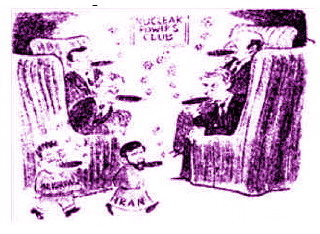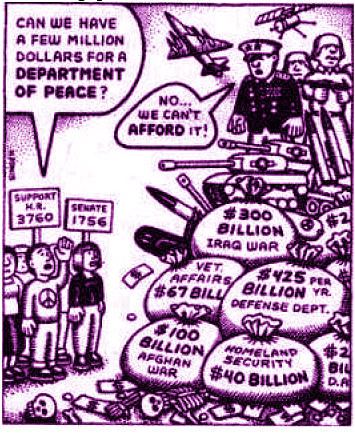Passage Based Questions: Security in the Contemporary World - 2 | Political Science Class 12 - Humanities/Arts PDF Download
| Table of contents |

|
| Passage - 1 |

|
| Passage - 2 |

|
| Passage - 3 |

|
| Passage - 4 |

|
Passage - 1
Direction: Read the passage given below carefully and answer the questions that follow:
All proponents of human security agree that its primary goal is the protection of individuals. However, there are differences about precisely what threats individuals should be protected from. Proponents of the ‘narrow’ concept of human security focus on violent threats to individuals.
(i) What is the main focus of human security according to its proponents?
Ans: Protection of individuals.
(ii) What are the specific threats that individuals should be protected from?
Ans: Protection of life from hunger, disease, and natural disasters.
(iii) List any four threats from which individuals should be protected.
Ans: Global warming, international terrorism, AIDS, health epidemics, human rights violations, poverty, and hunger.
Passage - 2
Direction: Study the cartoon given below carefully and answer the questions that follow:
(i) How do major powers react to new countries claiming nuclear status?
Ans: The major powers attempt to subdue these new countries, viewing them as potential threats to their nuclear authority and security.
(ii) On what basis can some countries be considered trustworthy with nuclear weapons while others cannot?
Ans: For example, India has gained nuclear status but uses nuclear energy for electricity and other purposes. This responsible use suggests that some countries can be trusted with nuclear weapons, while others might not be.
(iii) Name any two countries besides the major powers, North Korea, and Iran, that possess nuclear weapons.
Ans: The United States of America (USA) and Russia.
Passage - 3
Direction: Read the passage given below carefully and answer the questions that follow:
Many steps have been taken to restrict the use of nuclear weapons. The Non-Proliferation Treaty (NPT) of 1968 was an arms control treaty that regulated the acquisition of nuclear weapons. Countries that had tested and manufactured nuclear weapons before 1967 were allowed to keep their weapons, while those that had not were required to forgo the right to acquire them. The NPT did not abolish nuclear weapons but limited the number of countries that could possess them, thus affecting their usage in contemporary security.
(i) Did the NPT impose a ban on the use and production of nuclear weapons?
Ans: The NPT did not ban the use and production of nuclear weapons but regulated their acquisition.
(ii) What were the provisions for countries that had tested nuclear weapons before 1967 under the NPT?
Ans: Countries that had tested and manufactured nuclear weapons before 1967 were allowed to keep their weapons, while those that had not tested them had to forgo the right to acquire them.
(iii) How did the NPT affect the number of countries that could possess nuclear weapons?
Ans: The NPT limited the number of countries that could possess nuclear weapons.
Passage - 4
Direction: Read the cartoon given below and answer the questions that follow:
 (i) What does the cartoon depict?
(i) What does the cartoon depict?
Ans: The US’s massive expenditure on defense compared to a lack of funding for peace-related issues.
(ii) How does this situation differ from that of our country?
Ans: Our country spends significantly on peaceful initiatives and strives to find peaceful solutions to problems.
(iii) What message is conveyed by the cartoon?
Ans: The cartoon conveys the message that countries are willing to spend large amounts of money on military power rather than on peaceful initiatives.
|
34 videos|308 docs|51 tests
|
FAQs on Passage Based Questions: Security in the Contemporary World - 2 - Political Science Class 12 - Humanities/Arts
| 1. What are the main security challenges faced by the contemporary world? |  |
| 2. How do technological advancements impact security in today's society? |  |
| 3. What role do international organizations play in maintaining global security? |  |
| 4. How can individuals contribute to enhancing security in their communities? |  |
| 5. What are the implications of climate change on global security? |  |




















